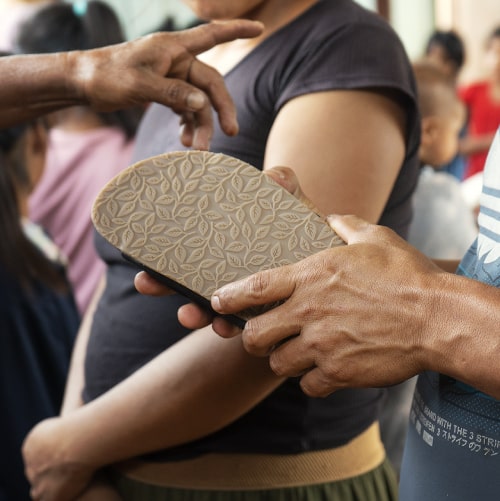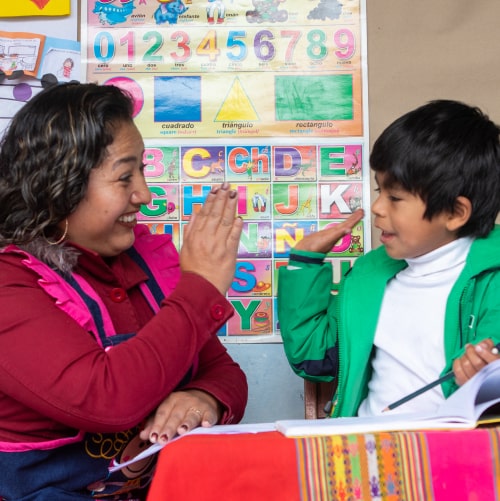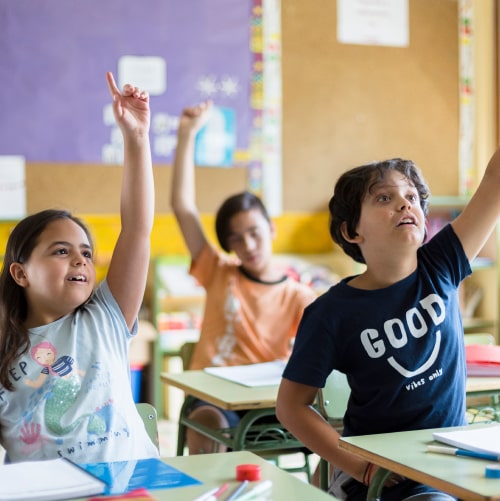There have been a lot of comments and discussions during recent days about the return to in-person classes in Peru in 2022. But what do the principal international organizations have to say with respect to this?
According to the Organization of United Nations (UN), in a communication emitted in December of 2021 directed at the Peruvian government, the return to classes is a great opportunity to make sure minors “don’t lose their desire to learn”.
“We reiterate the need to prioritize the learning and socioemotional wellbeing of students. Furthermore, all public policy regarding the reopening should be based on evidence, generating the operating conditions and strategies necessary for the return and attention during the 2022 school year”, indicates the UN on its official website.
Regarding this, UNICEF also made a pronouncement in November of last year and has indicated that it is important for children and adolescents to have the opportunity to “make up lessons, reunite with their teachers and classmates, and that schools implement biosafety measures” optimal for reopening.
On the other hand, World Vision Peru, an NGO dedicated to working with children, families, and communities, also holds a favorable opinion toward the return to in-person classes.
“Children need to interact with each other and share activities with their peers, so the return to classes is important, and only the vaccine will enable this. Contact should be promoted between them while maintaining safety measures so that they can overcome the pain they feel and their fears”, indicates Daniel Yépez, specialist of World Vision Peru, in an interview with the Caretas magazine.
The Peruvian Pediatrics Society, a non-profit organization with the mission of promoting childhood development in the country, has indicated that the return to in-person classes is an “unpostponable right” and has insisted that schools should not be considered as “foci of COVID-19 transmission”.
“Peru is one of the countries in the region with the least advance in the return to in-person classes, which is a reason for concern…schools constitute safe environments and are not centers of COVID-19 transmission…children get infected more often in the community environment”, says the organization in its communication.
The positions of these organizations are similar and agree that the return to in-person classes should be a priority topic to consider during this pandemic, including premises that need to be considered urgently such as the impact on formative paths, on learning, and on the integral or emotional health of students.
The importance of returning
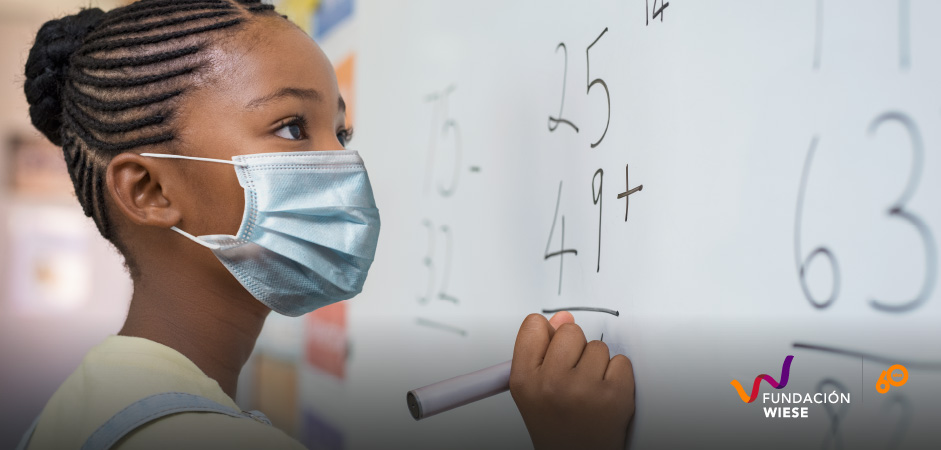
Peru is the country in Latin America with the third largest number of students disadvantaged by the return to in-person classes according to studies published by a renowned media outlet in the country. This is a product of isolation and the lack of socialization, which cause grave cognitive and emotional damage in minors.
The reopening of schools is not an improvised demand, but rather it is backed by a process approved and certified by recognized international organizations such as the UN, UNICEF, the World Bank, the Organization of United Nations for Education, Science, and Culture, the World Food Programme, and others.
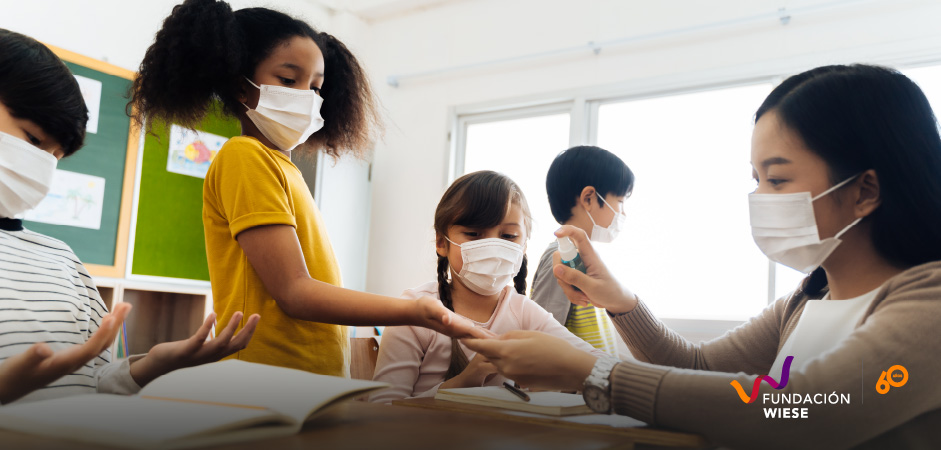
The “Guidelines for the Reopening of Schools” from UNICEF proposes a return to classes with measures against COVID-19 that are much more demanding than those in place for malls or gyms, where six key dimensions are considered with relation to policies, finance, safe operations, learning, attention to marginalized children, and wellbeing with protection.
“The Role of the School Environment and Socioemotional Skills,” by the UN, explains that fundamentally, “students learn from what they see and hear around them, and how they are treated by their teachers and classmates”.
“The student is learning from everything, all the time. They learn from classmates, teachers, relatives, neighbors, just as they do from homework, books, recess, the neighborhood, television, and the internet. In school they learn to relate with others and themselves, to identify their place within the social structure, and to manage their expectations. And there is also space to acquire certain skills”, indicates the UN document.
Therefore, it is important for minors to return to their schools to be able to overcome one of the “gravest educational crises in the last 100 years”, according to the Global Director of Education for the World Bank, Jaime Saavedra.
“There is no scientific evidence to suppose that schools are at greater risk than other work or recreation environments of similar density. Nothing can justify keeping schools closed when at the same time, restaurants, bars, or commercial centers are reopened. The cost of keeping schools closed in terms of children’s learning, mental health, and socioemotional development is astronomical. With schools closed, the primary space for evening out opportunities is lost”, indicates Saavedra.
Other renowned figures in Education join this opinion. Almost all of them agree that the return to classes is fundamental to the optimal development of students. This was mentioned in the II National Encounter of Education, where it was emphasized that “it is important to return [to schools] to rebuild, always while promoting an inclusive dialogue.”
“The crisis invites us to learn together. To achieve this, it is important to promote research and innovation, global solidarity and international cooperation, social participation, and university participation. Collaboration is important to be able to solve this problem together”, said Fernando Reimers, director of the International Program of Educational Policy at the University of Harvard, during a conference in which the opening topic was “In-Person Learning with Better Teachers”.
In addition to the recommendations and information compiled by the different educational actors and principal international organizations, with regard to the opening of schools and the start of in-person classes, the Ministry of Education has also set the return to schools, in person, for March of this year.
After 100 weeks of the State of Emergency in the country, the Peruvian government has decided to reopen schools, returning a sense of normalcy to minors, to the benefit of their physical and mental health: and because, furthermore, they also deserve it.




